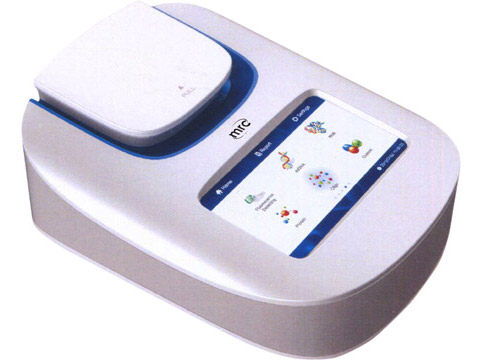A portable fluorometer is a handheld device used to measure the fluorescence of a substance. Fluorescence is the emission of light by a substance that has absorbed light or other electromagnetic radiation. In the context of a fluorometer, this typically involves exposing a sample to a specific wavelength of light and then measuring the emitted fluorescence at a different wavelength.
How Does a Portable Fluorometer Work?
Fluorometers, in general, measure the fluorescence emitted by a sample when exposed to light. Portable fluorometers, designed for on-the-go analysis, employ sophisticated technology to provide real-time data on the fluorescence intensity. These devices consist of several components working seamlessly to deliver accurate and reliable results.
Applications of Portable Fluorometers
Environmental Monitoring
Portable fluorometers find extensive use in environmental science, allowing researchers to assess water quality, detect pollutants, and study the health of ecosystems on-site.
Biomedical Research
In the field of medicine, these devices play a crucial role in analyzing biomolecules, enabling quick and precise measurements for diagnostic and research purposes.
Industrial Quality Control
Industries benefit from the portability of fluorometers for quality control processes, ensuring product integrity and compliance with standards.
Advantages of Portable Fluorometers
Portability and Field Use
The primary advantage is evident in the name—portability. Researchers and field experts can carry these instruments to remote locations, eliminating the need for sample transportation.
